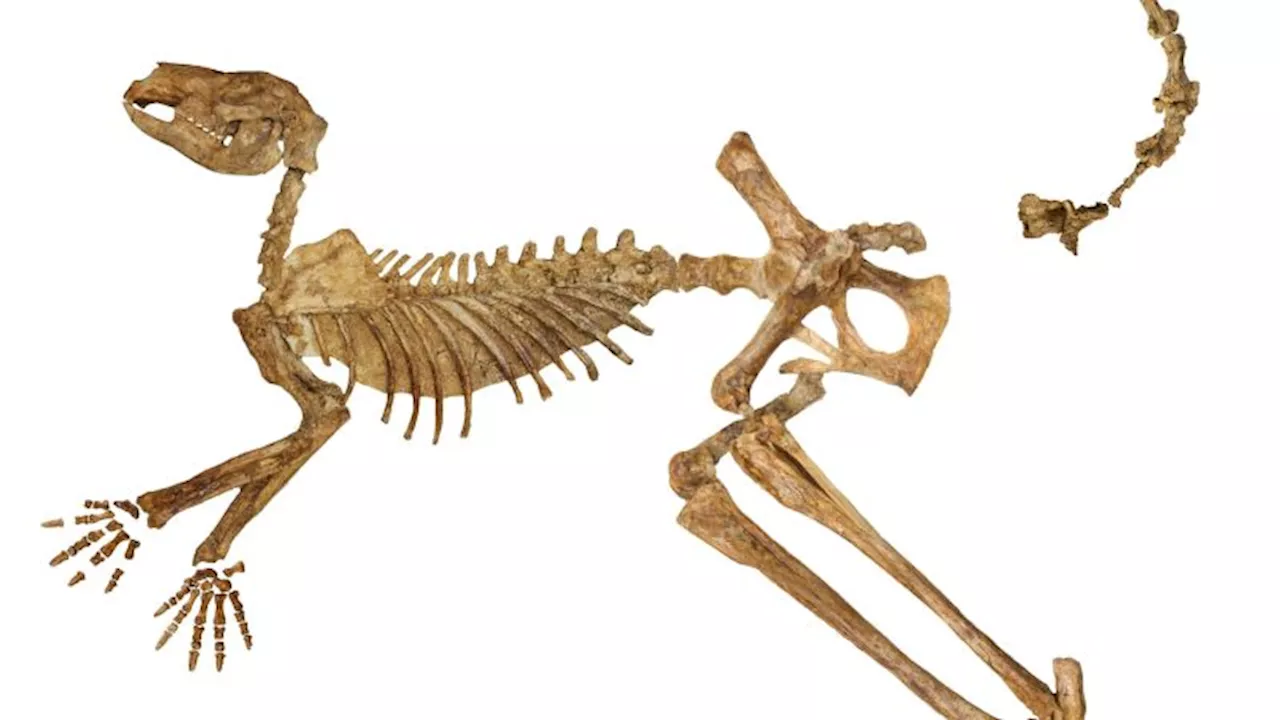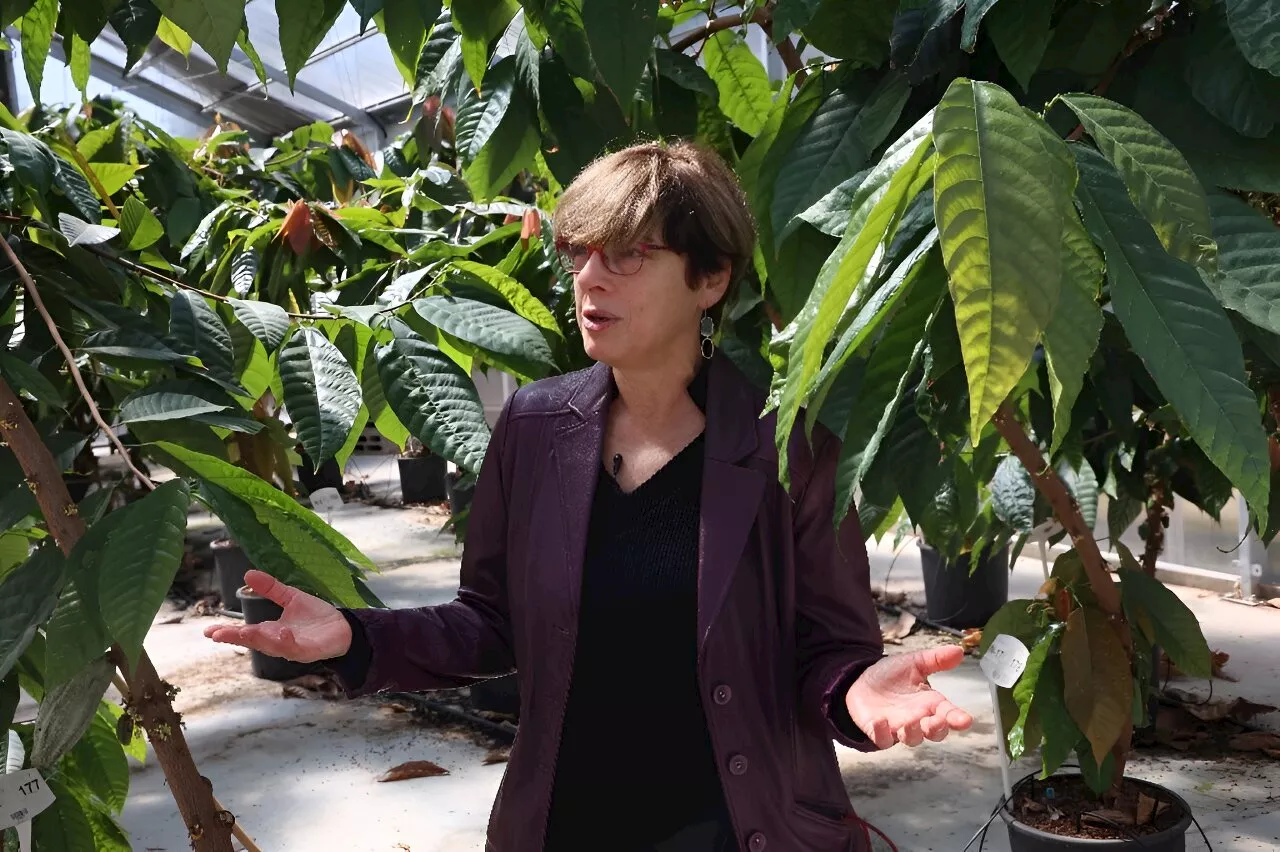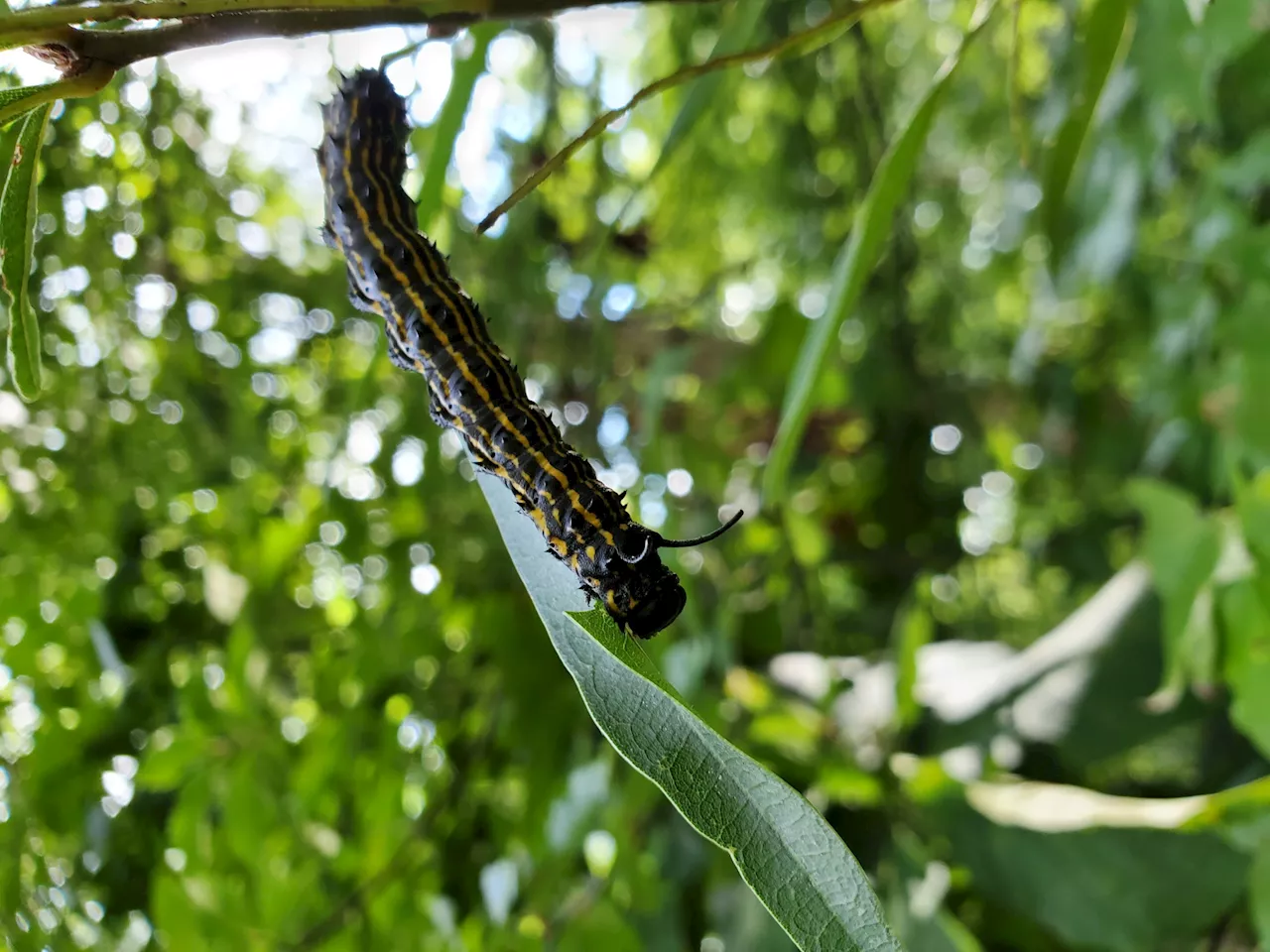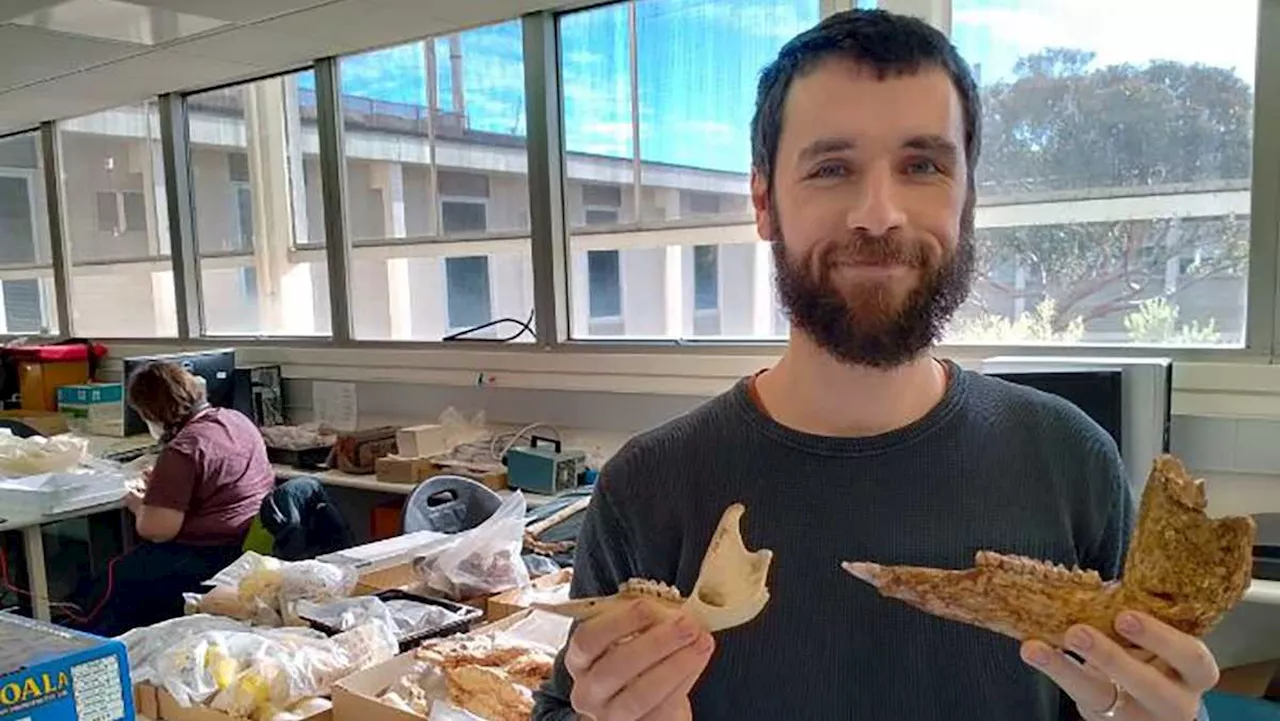Scientists have identified three new species of giant kangaroo that lived from 5 million to 40,000 years ago, one of which is around double the size of the biggest kangaroos alive today.
The giant kangaroo s are from the genus Protemnodon , and would have demonstrated more variability in shape, range and hopping method than researchers previously thought, according to a statement from Flinders University in South Australia.The research, published Monday in the journal Megataxa, is based on the discovery of several complete fossil skeletons by paleontologists working in Lake Callabonna in southern Australia.
'Their main predator would have been Thylacoleo carnifex, the now-extinct 'marsupial lion,'' he added. 'About the size of a large dog, Thylacoleo was an ambush predator believed to have specialised in hunting kangaroos.'The other two newly described species are P. mamkurra and P. dawsonae.P. mamkurra would have been quadrupedal, Kerr said in the statement, meaning it would have mainly moved on four legs rather than hopping on two.
Protemnodon Ancient Kangaroo Animals Archaeology Fossils Giant Kangaroo Kangaroo Kangaroo Fossils Science Animals Jsnd
United States Latest News, United States Headlines
Similar News:You can also read news stories similar to this one that we have collected from other news sources.
 Scientists Identify the Three Main Risk Factors for Brain AgingThe research opens the door to potential prevention strategies for dementia and other neurodegenerative diseases.
Scientists Identify the Three Main Risk Factors for Brain AgingThe research opens the door to potential prevention strategies for dementia and other neurodegenerative diseases.
Read more »
 Scientists identify three new species of ancient kangaroo—and one was more than 6.6 feet tallScientists have identified three new species of giant kangaroo that lived from 5 million to 40,000 years ago, one of which is around double the size of the biggest kangaroos alive today.
Scientists identify three new species of ancient kangaroo—and one was more than 6.6 feet tallScientists have identified three new species of giant kangaroo that lived from 5 million to 40,000 years ago, one of which is around double the size of the biggest kangaroos alive today.
Read more »
 Sleep Scientists Reveal How Often To Exercise To Reduce Insomnia RiskPersistence over the study period saw participants who were 42 percent less likely to find it difficult to fall asleep at night.
Sleep Scientists Reveal How Often To Exercise To Reduce Insomnia RiskPersistence over the study period saw participants who were 42 percent less likely to find it difficult to fall asleep at night.
Read more »
 Israel's war budget leaves top scientists in limboIsraeli scientist Ellen Graber has spent years researching ways to save chocolate crops from climate change. But with the government slashing spending to fund the war in Gaza, her project is one of hundreds now hanging in the balance.
Israel's war budget leaves top scientists in limboIsraeli scientist Ellen Graber has spent years researching ways to save chocolate crops from climate change. But with the government slashing spending to fund the war in Gaza, her project is one of hundreds now hanging in the balance.
Read more »
 Scientists discover how caterpillars can stop their bleeding in secondsBlood is a remarkable material: it must remain fluid inside blood vessels, yet clot as quickly as possible outside them, to stop bleeding. The chemical cascade that makes this possible is well understood for vertebrate blood.
Scientists discover how caterpillars can stop their bleeding in secondsBlood is a remarkable material: it must remain fluid inside blood vessels, yet clot as quickly as possible outside them, to stop bleeding. The chemical cascade that makes this possible is well understood for vertebrate blood.
Read more »
 April 8 total solar eclipse could bring uptick in fatal car crashes, scientists cautionNicoletta Lanese is a staff writer for Live Science covering health and medicine, along with an assortment of biology, animal, environment and climate stories. She holds degrees in neuroscience and dance from the University of Florida and a graduate certificate in science communication from the University of California, Santa Cruz.
April 8 total solar eclipse could bring uptick in fatal car crashes, scientists cautionNicoletta Lanese is a staff writer for Live Science covering health and medicine, along with an assortment of biology, animal, environment and climate stories. She holds degrees in neuroscience and dance from the University of Florida and a graduate certificate in science communication from the University of California, Santa Cruz.
Read more »
